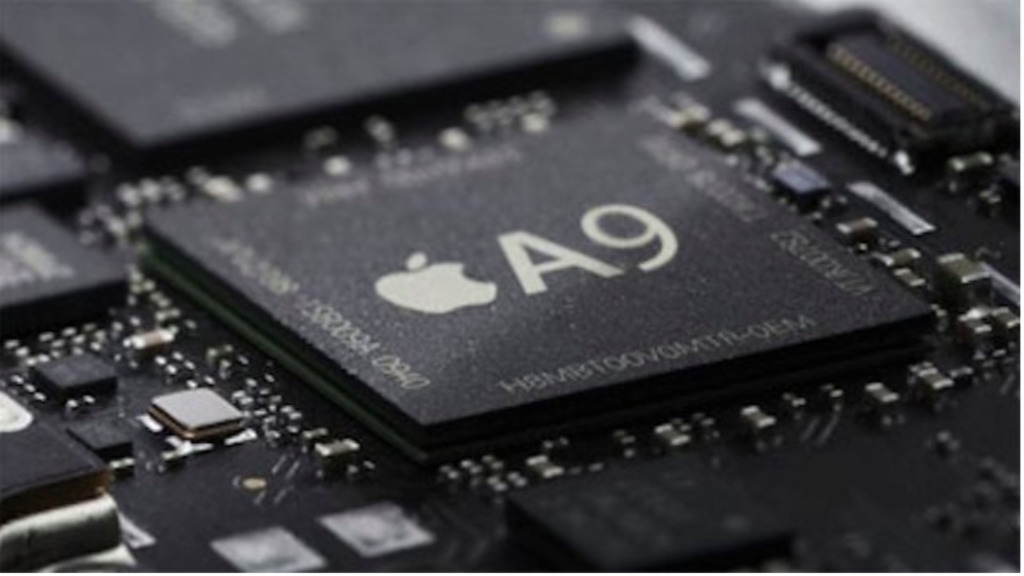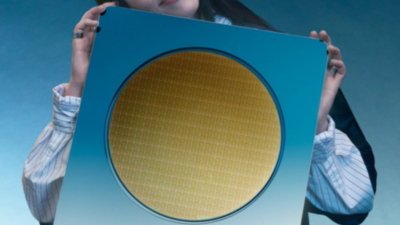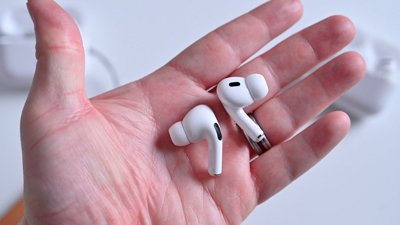Apple competitor Samsung could be on the outs for the next two generations of iPhone processors, according to a new rumor, which claims that rival Taiwan Semiconductor Manufacturing Company will be the sole provider of both the "A10" and "A11" CPUs.
The alleged win by TSMC was reported by China's Economic Daily News, as highlighted by DigiTimes. It claims that TMSC will use a 10-nanometer FinFET process for the "A11" processor in 2017, with production beginning as soon as the second quarter of next year.
Rumors date as far back as late 2015 suggesting TSMC could be the sole provider of "A10" chips. The company currently splits responsibility with Samsung for the A9 processor found in the iPhone 6s series, as well as the iPhone SE.
As for the "A11," earlier reports had suggested that TSMC would produce the lion's share of processors for the 2017 iPhone. But the latest rumor would suggest that TSMC has proven to Apple it can keep up with demand.
It should be noted that Apple's supply chain is complex and constantly shifting, with manufacturers sometimes failing to meet certain production or yield expectations. As a result, such reports from Economic Daily News should be taken with a grain of salt.
Still, a move to work solely with TSMC would not be unexpected from Apple. Until a few years ago Samsung was the exclusive producer of A-series processors at a factory in Austin, Tex.
Apple has gradually tried to reduce its dependence on Samsung — which sells competing phones, tablets, and computers. The results have been varied, given that the company is one of the few manufacturers that can keep up with demand for products like iPhones.
 Neil Hughes
Neil Hughes








 Andrew Orr
Andrew Orr
 Amber Neely
Amber Neely

 William Gallagher
William Gallagher


 Christine McKee
Christine McKee
 AppleInsider Staff
AppleInsider Staff








22 Comments
Good. Go suck it, ss.
Congratulations, TSMC!
Samsung will be producing 10 nm processors for its own devices and for those of customers, but without Apple orders Samsung's unit cost may be considerably higher than before. It makes a big difference whether startup and overhead costs are divided among only 300 million units annually, let's say, versus 500 million. If Samsung raises processor prices to cover the difference, then some smartphone companies will turn to other suppliers -- which would only make the situation worse for Samsung (i.e., reduced volume, higher unit fixed costs). But if Samsung doesn't increase prices, its profits will suffer.